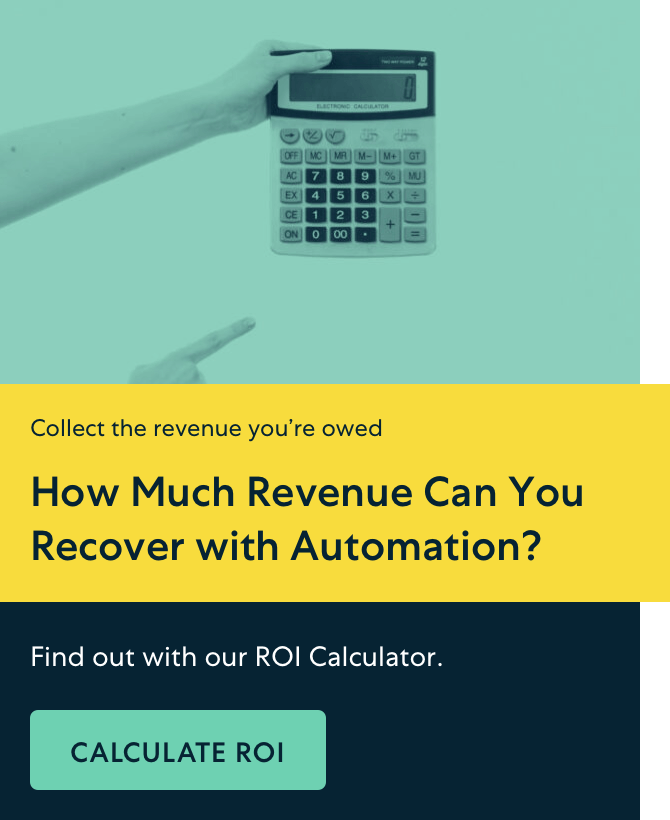As the Amazon empire grows larger by the day, an unexpected foe has emerged:
Shopify.
While the retail giant covering ‘everything from A to Z’ provides a competitive marketplace for sellers to race to the bottom of product pricing, Shopify takes another approach.
Empowering merchants to host and advertise their online stores on their own websites and in their own networks—as opposed to spending heavily on ad and warehousing services—Shopify’s model is catching the attention of retailers that have grown wary (and weary) of Amazon.
“We are arming the rebels,” says Shopify COO Harley Finkelstein.
Part of Shopify’s rising success is attributable to the platform’s ability to quickly adapt to customer needs. In the last few years, the business has added new payment and logistics solutions, begun offering business loans, and even introduced traffic analytics to help sellers determine where their sales are coming from.
Innovation like this is an iterative process.
Change—especially the kind that creates lasting competitive advantage—takes time, trial, and error. And businesses sometimes need to realign to support and create opportunities for continual innovation.
In the case of software as a service (SaaS) businesses, major opportunities for innovation can be discovered by examining several key areas, including their:
- profit models
- go-to-market strategies
- business networks, and
- customer experiences.
Once identified, an effective solution for leveraging innovation opportunities lies with adaptive automated recurring billing software.
Why?
Because implementing this fintech digital transformation not only provides SaaS businesses with the ability to make immediate iterations and realize real-time benefits and efficiencies, but it also provides flexibility and agility for ongoing innovation at scale.
Here’s how.
1. Informs and enables your SaaS profit model
Your profit model is, of course, closely tied with your pricing strategy. So closely tied in fact that nearly 1 in 5 startups fail because of pricing or cost issues.
For a pricing strategy to work well, it should ideally be rooted in data.
Comprehensive, customizable reporting and data visibility enables SaaS businesses to zero in on their profitable—and not so profitable—products and features. Businesses can then determine whether the products are priced appropriately, and plan effective pricing strategies as new features, products, or plans emerge.
This kind of in-depth, data-based pricing innovation is especially useful for businesses that are expanding and moving into new markets.
Consider MailChimp, for example. As its name suggests, the software initially only offered email marketing products—and with great success. After growing to 11 million active customers with an audience of four billion in 2019, the business expanded to become a full-fledged automated marketing platform. Now, MailChimp offers customer lead recording and tracking, domain purchasing, site building, social media ad retargeting, and more.
Of course, this demanded a change in pricing strategy. Almost overnight, the cost of MailChimp subscriptions changed. The company’s ability to quickly pivot and take advantage of its position in the market gave it a competitive, innovative edge.
This is an area where a flexible and adaptive automated billing platform comes in handy. It makes it much easier for SaaS businesses to change their pricing strategies quickly as the need arises.
And the capability to innovate on the fly goes deeper still. The flexible catalog system offered by a robust billing platform makes it possible to not only change pricing, but also tap into various charge models for hybrid pricing as needed.
Whether it’s freemium pricing, tiered pricing, volume pricing, usage based pricing, or a combination of these subscription pricing models, adaptive billing software has your back.
This enables your SaaS to monetize its products and services in innovative ways that make sense over time.
2. Provides product monetization support for an optimized go-to-market strategy
Until your product is in customers’ hands, it’s an idea, not an innovation. It also doesn’t make you any money.
Adaptive recurring billing software increases go-to-market speed to bridge the gap.
The flexible catalog capabilities of this software enables SaaS business leaders to quickly set up and bundle their products in unique ways. This agility is a difference-maker when it comes to innovation.
Catalog flexibility also makes it possible to roll out multiple, customized iterations of a SaaS product as market demand changes, which unlocks first-mover advantage for businesses.
And of course, if you’re bringing new products to market and selling them on a recurring basis, you need the capacity to perform all the billing and accounting at scale.
Adaptive billing software easily manages all your customers’ transactions and invoices, and it pushes all the relevant financial information to your accounting platform, eliminating potentially costly errors and the need for manual data entry. It also takes care of accurate revenue recognition to ensure your business remains ASC 606 compliant.
As we just discussed, the right billing software also enables SaaS businesses to test pricing and get visual data results.
These reports and reporting pillars can reveal the pros and cons of price points and help to fine-tune the best go-to-market strategy. And if a price change is necessary later? Agile billing platforms make this easy to implement across your entire customer base.
Need to tweak or innovate to meet customer demands once you’re in the market? No problem. Incremental innovation is simple and IT-free with an automated recurring billing platform under the hood.
Test, innovate, and analyze easily.
3. Simplifies your business network’s data and invoicing
For many SaaS businesses, the ability to innovate can feel bolstered or hindered by a manufacturer-reseller-end-user network.
On the one hand, having a strong network of providers tends to help businesses do more with less. On the other, managing multiple partnerships that require ongoing financial reporting and invoicing can be a huge headache.
Consider GeoTab, a major telematics company. Not only does it have hundreds of resellers for its GPS and telematics devices across various markets, but resellers also apply their own recurring services to the devices.
Robust recurring billing software simplifies this complex web of offerings and providers by automating billing, invoicing, and payments. These platforms enable agile monetization by serving as a one-stop-shop for all revenue tracking needs.
And there’s additional value in that manufacturers like GeoTab can put reseller logos and addresses on invoices. This means end users receive billing from the reseller they’re working with, even though it’s sent by the manufacturer. The entire process is streamlined.
Add in the ease of adding new resellers, as well as insights to track resellers and sales by region, and it’s easy to see how intelligent billing platforms with advanced subscription management capabilities unlock opportunities for innovation.
Simplify your manufacturer-reseller-end-user networks to leverage them to their maximum potential and make your business operations innovation-friendly.
4. Improves the SaaS customer experience
Today, the concept of product ownership is giving way to product experience. Customers are willing to exchange product ownership for good experiences, quicker access, and at an affordable price.
As a result, ensuring great SaaS customer experience (CX) has quickly become critical to reducing churn and increasing retention.
For a simple example, look at streaming services like Netflix or Spotify. Even though paying customers can download episodes or albums, they still have to log in to the platforms to watch or listen. And if they stop paying for their subscription, they lose access to their lists and downloads.
Yet, 138 million Spotify subscribers and nearly 183 million Netflix subscribers indicate consumers don’t mind. Why? Because of great CX and value in terms of access to a wide range of content.
The same concept has gained momentum in the B2B world.
SaaS businesses are using robust cloud-based services themselves, like subscription billing software to track usage and churn data and gain CX insights. Leaders use these insights to innovate on features, build out their catalog, and provide pricing flexibility to ensure customers continue to find value in their products.
Perhaps the best example of this is the recent rise of product-led growth. Increasingly, SaaS business solutions are offering free versions of their software for individuals to use. When these individuals find a tool useful, they recommend it to their managers or executives, typically prompting a paid subscription for increased capacity.
With churn, retention, acquisition, and other relevant SaaS data easily accessed with an intelligent billing platform, businesses can identify what’s working for customers (and what isn’t) to increase CX and product-led growth.
Then, once customers are acquired, they can be seamlessly upsold products, subscription models, or features as they’re made available on a flexible catalog, boosting retention and customer lifetime value.
Adaptive recurring billing software unlocks SaaS innovation
Considering the speed of development in the SaaS industry, automation will soon be a minimum requirement for business innovation. Manual processes are resource-heavy and time-consuming, leaving little wiggle room for exploration of new ideas and approaches.
And when adding automation also means adding flexibility and agility, your business opens up unlimited opportunities to innovate and scale.
Innovation comes from being able to experiment and test the boundaries of a business’s products, services, and infrastructure. And of course, great innovation is the basis of strong competitive advantage. Intelligent recurring billing software makes that possible.








